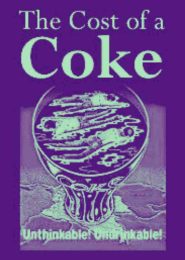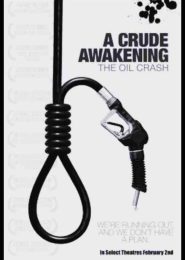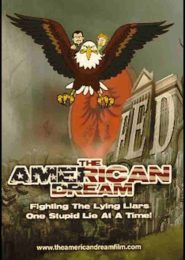Big Sugar (2005)
Big Sugar, a documentary directed by Brian McKenna in 2005, delves into the intricate and often controversial history of the sugar industry.
The film begins by tracing the roots of the sugar trade, connecting it to the dark legacy of slavery. From its early days, sugar production was intertwined with the exploitation of human labor, and Big Sugar sheds light on this painful chapter in history. The viewer is confronted with the uncomfortable truth that the sweet substance we consume daily has a bitter past.
As the documentary unfolds, it explores the political power wielded by the sugar industry. Just as “Big Tobacco” became synonymous with deception and harm, Big Sugar reveals how the sugar business has similarly manipulated public perception, policy, and economics. The film highlights the parallels between these two industries, emphasizing their shared tactics and impact on society.
One of the most shocking revelations is the extent of subsidies that prop up the sugar industry in the United States. These financial incentives, often hidden from public view, perpetuate an unsustainable system. Big Sugar exposes the industry’s reliance on government support, raising questions about fairness and accountability.
The film also underscores the health implications of excessive sugar consumption. While corruption and misuse of power are central themes, it is the impact on individual health that may ultimately drive change. As viewers learn about the industry’s practices, they may reconsider their own sugar intake and its effects on their well-being.
In summary, Big Sugar is an eye-opening documentary that unearths the political maneuverings, historical injustices, and health consequences associated with the sugar industry. It challenges viewers to question the status quo and recognize that the name Big Sugar is as fitting as “Big Tobacco” in describing an influential and often problematic business.




